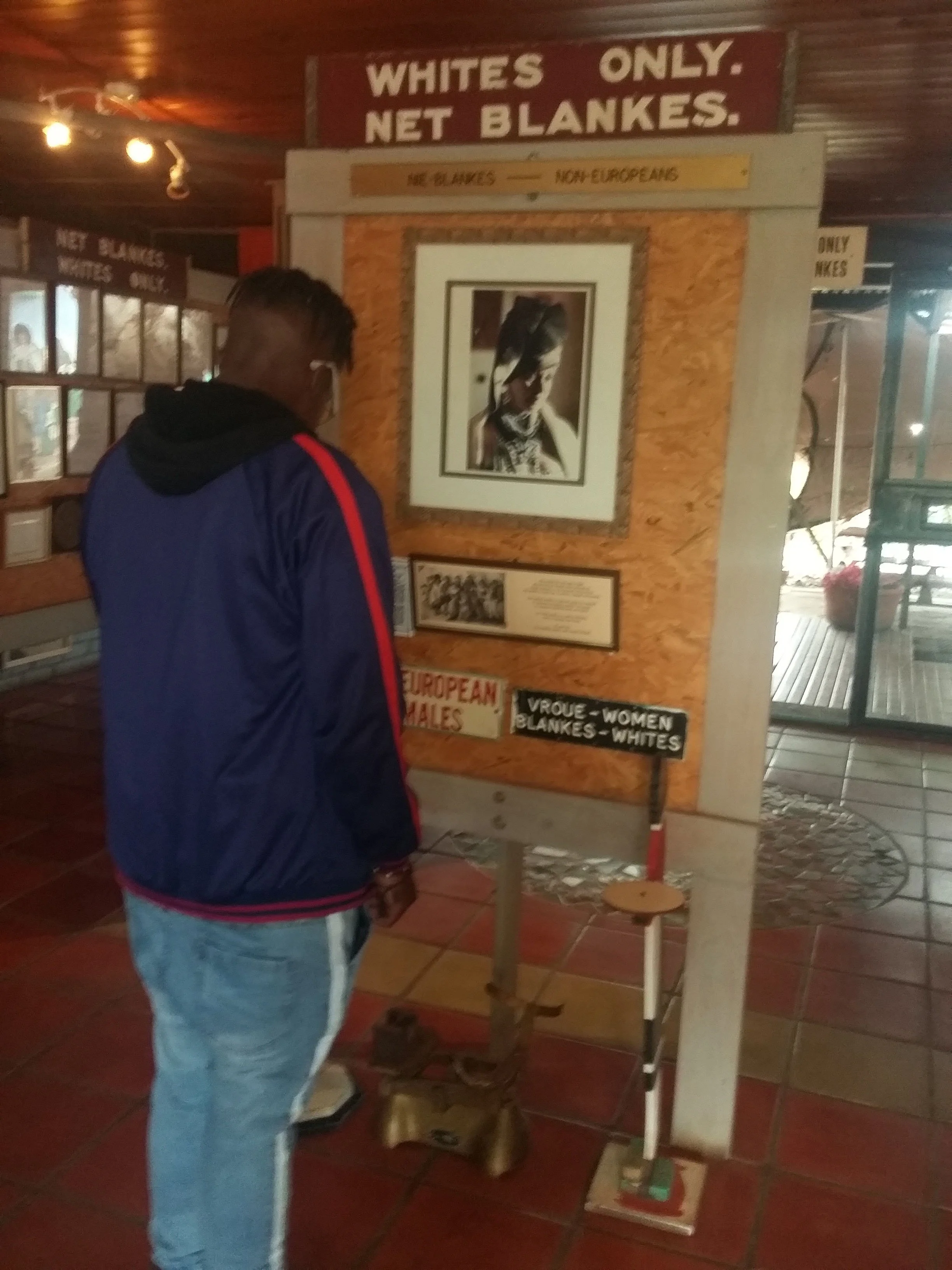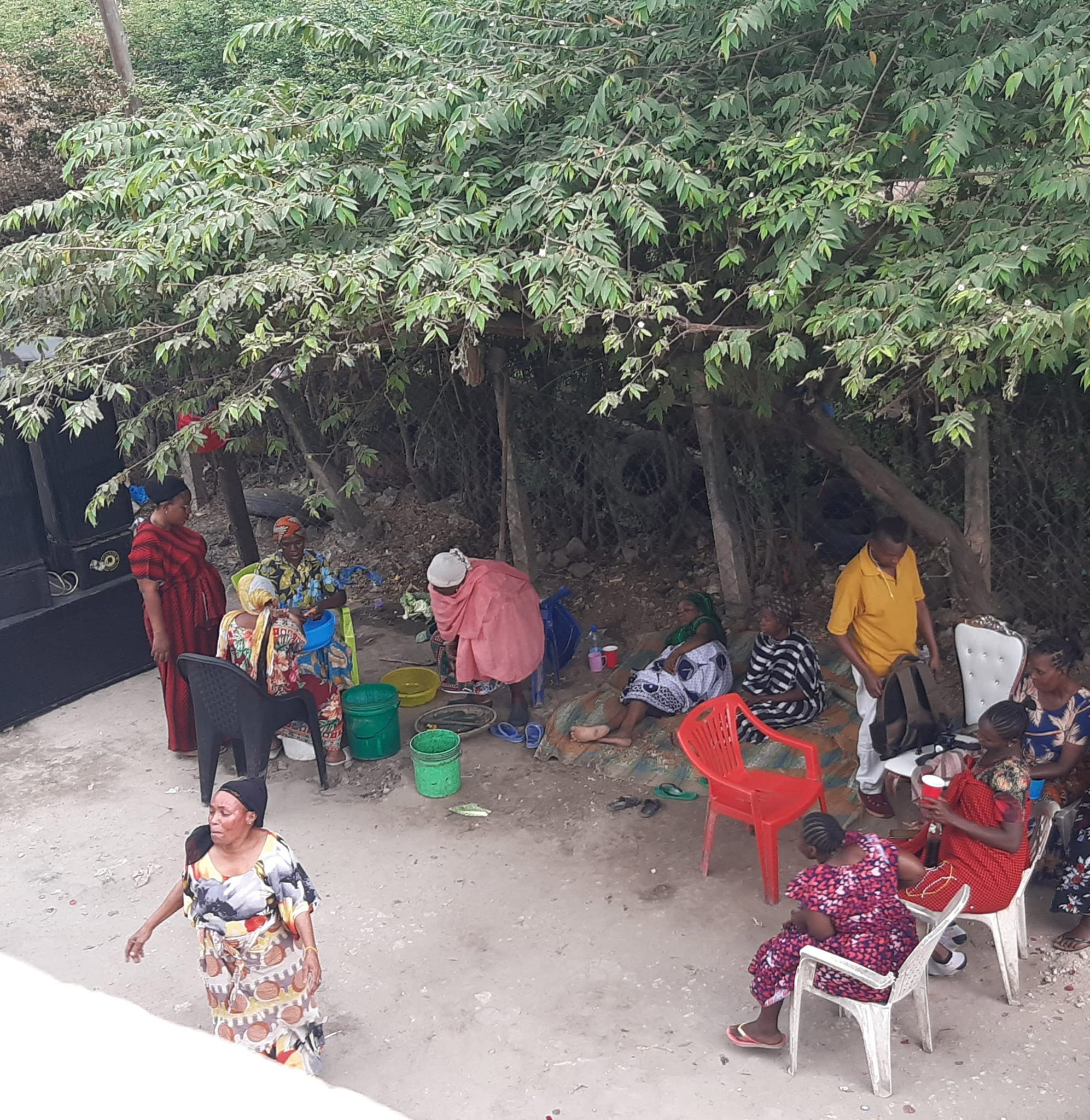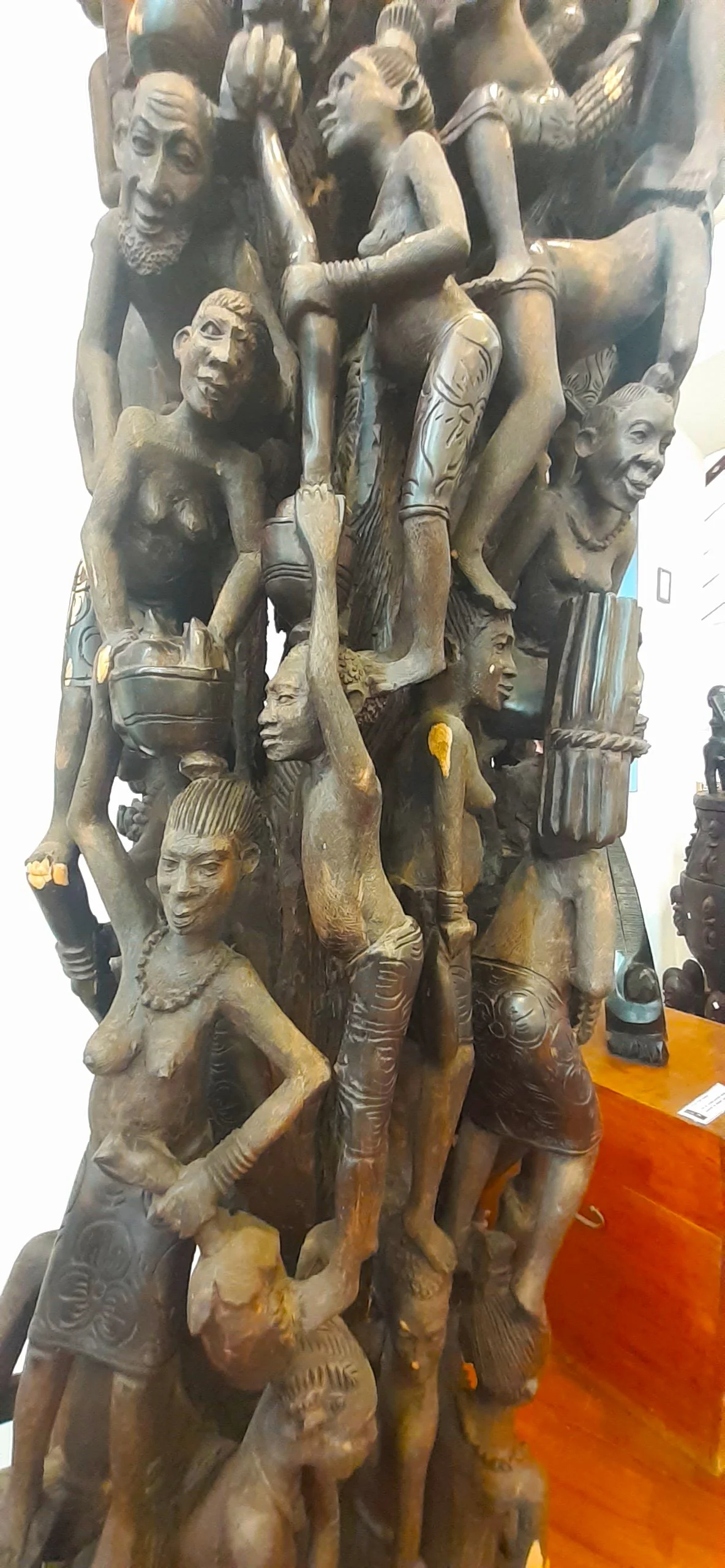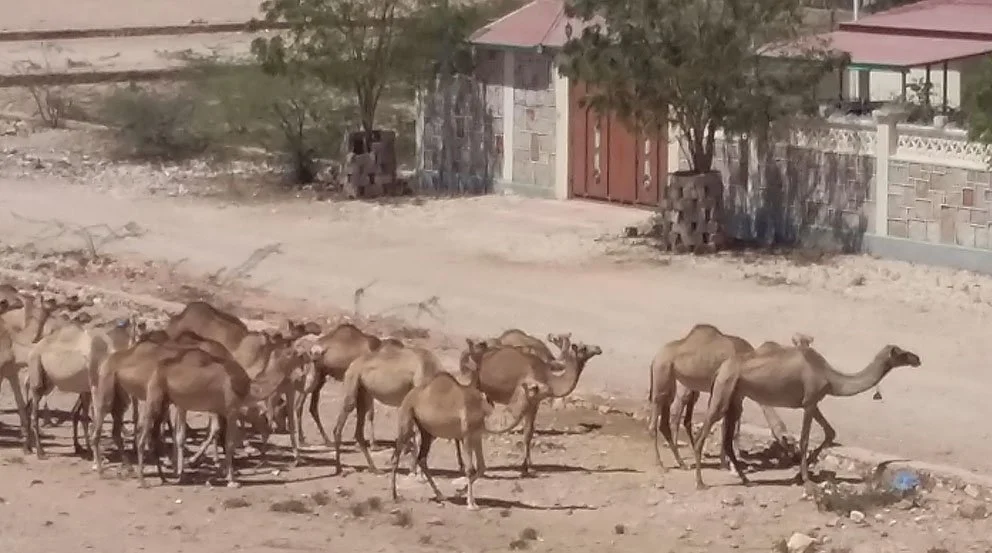Decolonising Mentality: Beyond the Colonial Framework of Achievement
Why I've Moved Away from Traditional Goal-Setting
Working with clients in the personal development space, I've observed something troubling about traditional goal-setting approaches. They carry the DNA of colonial thinking—the belief that individual will should dominate circumstances, that linear progress is the only valid path, and that external achievements define worth.
In my opinion, this framework sets people up for failure and self-blame. When someone faces a health crisis, economic upheaval, or family emergency, goal-setting often responds with "adjust your mindset" or "stay committed to your vision." But what if the problem isn't their commitment? What if the framework itself is flawed?
What Colonial Thinking Costs Us
Colonial mentality didn't just extract resources—it extracted ways of being. It replaced community-centred decision-making with individual competition. It replaced seasonal wisdom with arbitrary deadlines. It replaced "enough" with "more."
We see the results in cultures that pioneered these approaches: epidemics of anxiety, social isolation, and the need for expensive interventions to restore what was systematically dismantled—connection to natural cycles, meaningful work, and genuine community.
When I hear "time is running out" or "maximise your potential" or "failure isn't an option," I hear the language of extraction applied to human development. It's the same mentality that sees forests as timber, rivers as transportation, and people as human resources.
The Mindshifting Alternative
I see the move now is towards "mindshifting"—an approach that acknowledges what you actually can and cannot control. Instead of forcing outcomes, it develops your capacity to navigate whatever circumstances arise with wisdom and resilience.
This isn't about lowering standards or giving up on growth. It's about recognising that sustainable change happens when we work with life's natural rhythms rather than against them. Some transformations take seasons, not quarters. Some wisdom only comes through lived experience, not optimisation strategies.
Ubuntu as Framework
There's another way to approach growth—through ubuntu consciousness. The understanding that my well-being and yours are inseparable, that individual development happens within a community context, and that wisdom emerges through relationship rather than isolation.
This doesn't mean avoiding personal responsibility. It means recognising that responsibility includes caring for the social and environmental systems that sustain all life. It means understanding that real leadership involves lifting others, not just climbing ladders.
The Practical Difference
In practice, this shift changes everything:
Colonial Achievement Mindset:
Focuses on individual metrics and competition
Creates anxiety about "falling behind" arbitrary timelines
Measures success through accumulation and status
Treats obstacles as personal failures
Ignores systemic barriers and community needs
Ubuntu Development Approach:
Focuses on contribution and collective well-being
Honours natural rhythms of growth and change
Measures success through relationships and impact
Treats obstacles as opportunities for adaptive learning
Addresses both individual agency and systemic realities
Why This Matters Now
As more people recognise the mental health costs of colonial achievement culture, there's a growing hunger for approaches that honour both ambition and humanity. People want growth that doesn't require sacrificing their values, relationships, or connection to something larger than themselves.
This isn't about rejecting all Western knowledge or avoiding global engagement. It's about maintaining the discernment to know which frameworks serve life and which ones extract from it.
The Integration Challenge
The real work isn't choosing between traditional and indigenous approaches—it's integrating the best of both while staying rooted in wisdom that has sustained communities for generations. It's using technology to enhance rather than replace human connection. It's building success that strengthens rather than fragments the community.
This requires constantly asking: "Who does this framework serve?" "What worldview does this approach reinforce?" "What am I optimising for, and at what cost?"
Moving Forward
I believe we're at a turning point where people are ready for development approaches that honour both individual potential and collective responsibility. Where success includes sustainability. Where leadership includes wisdom.
The colonial project convinced us that indigenous ways of knowing were obstacles to progress. But what if they're actually the foundation for the kind of progress that serves all life?
What if the rhythm we lost contains exactly what we need to move forward?






